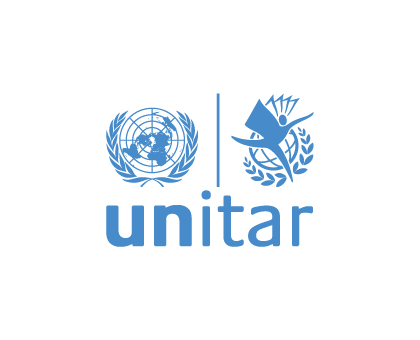
MercuryLearn - Level 2 Inventory
Introduction to the UNEP Toolkit
The "Toolkit for identification and quantification of mercury releases", the "Toolkit", is intended to assist countries in developing national mercury releases inventories. The Toolkit guides the inventory developer through the different stages of identifying sources and quantifying the consumption and releases of mercury from these sources. It provides a methodology, and a database enabling the development of consistent inventories, it includes examples and extensive information on mercury release sources. The “Toolkit“ exists in two versions:
1. "Inventory Level 1" provides a simplified version of the Toolkit, as well as calculation spreadsheets and a reporting template, to make the development of a broad mercury inventory considerably easier.
2. "Inventory Level 2" is the comprehensive version, including a detailed description of all mercury sources, useful for anyone wishing to learn more about a specific mercury release source, including environmental authorities and researchers.
Follow the Level 2 modules if:
- You wish to refine a Level 1 mercury releases inventory.
- You wish to do a more detailed mercury release inventory, including the possibility of use local data (e.g. content of mercury in raw material or fuels, emission measurements, emission controls in some sectors, etc.).
- You wish to get detailed information on anthropogenic sources of mercury releases to the environment.
The modules will assist users to develop a detailed inventory of mercury releases at a national level.
The modules can be completed entirely or partially (for users that are interested to know about mercury releases from just some specific source categories). The modules can be accessed online or you can download transcripts of all modules in case you have an un-steady internet connection.

